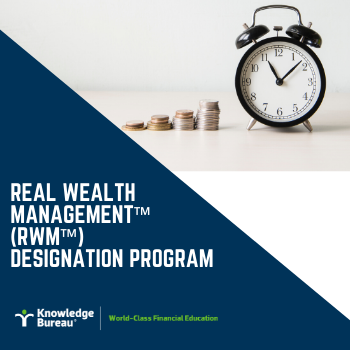Last updated: February 04 2020
Average Refund $1740: Too Much CRA in Your Pocket?

Evelyn Jacks
At a time when 48% of Canadians say they are $200 away from insolvency*, an important tax question arises: why are tax refunds so large? The average as of December 31, 2019 was $1740. That’s $145 a month missing from Canadians’ pockets that could help mitigate the cash crunch. Worse, those refunds won’t start flowing until after February 24, the day CRA starts accepting E-filed returns. Fortunately, there is good news: working with a tax specialist can help reduce the wait times and increase refunds, too.
First, let’s take a close look at the tax filing statistics for last year’s return. You will note that for the first time CRA received more than 30 million returns with 88% of them electronically filed.
CRA TAX FILING STATISTICS – 2018 TAX FILING YEAR
|
Returns processed from February 18, 2019 to December 30, 2019 |
||||
|
|
Number of returns |
Total dollar value |
Average amount per return |
Percentage of refunds |
|
Refund by cheque |
5,352,607 |
$9,366,095,332 |
$1,750 |
29% |
|
Refund by direct deposit |
13,288,637 |
$23,063,235,059 |
$1,736 |
71% |
|
Total refunds |
18,641,244 |
$32,429,330,391 |
$1,740 |
100% |
|
Balance owing |
6,675,198 |
$41,420,651,527 |
$6,205 |
n/a |
|
Nil return |
4,913,396 |
n/a |
n/a |
n/a |
Notice that for those who owed money at the time they filed their tax return, the average amount payable was $6,205 or just over $517 a month. hat’s $257 higher than last year’s $5,948. There are many reasons why taxpayers could owe even more on their 2019 tax returns. The fact that Canada Pension Plan premiums are starting to rise quite significantly is one of them.
Taxfilers who are unincorporated business owners must remit both the employer and employee’s portion of CPP upon filing of a personal tax return together with any taxes owing. For these people, multiple-thousand-dollar tax bills loom every May 1, together with interest costs and penalties for non-compliance. This year, the changes to the new 8-page T1 return feature an 8 page calculation of all the CPP nuances plus a reference to go find another form – a CPT30 – if you are an employee age 65 or older who may want to opt out of paying it.
Others who may find themselves owing extra at the end of the year are tax filers who have income sources that are not subject to tax withholdings: support payments, pension income, or  dividends received from public or private corporations are examples. For many, quarterly tax remittances will be necessary to reduce exposure to interest costs.
dividends received from public or private corporations are examples. For many, quarterly tax remittances will be necessary to reduce exposure to interest costs.
Tax season, in short, spills well over into the rest of the year. When you add to the personal tax filing responsibilities, the need to make GST/HST remittances or payroll tax remittances, the services of a tax specialist and an astute approach to cash flow planning can make the critical difference between insolvency and financial empowerment. This essentially brings control over future savings and stability back into the hands of the taxpayer/investor.
For those searching for high value conversations between all their financial professionals - the tax specialist, the investment and/or advisor and legal assistance – can often benefit from the services of a Real Wealth Manager™. This is a highly trained specialist has the skills to discuss all of the elements of the family’s financial concerns with the ultimate goal of a less stressful approach to managing the precious resources of time and money and getting better long-term financial results.
The three primary tools for doing so – preparing the tax return, net worth statement and financial plan – bring structure to the joint decision-making required to control good financial outcomes.
In short, for many taxpayers, the cash crunch that is caused by their obligations to CRA (or CRA’s obligations to them in the case of credit recipients) increasingly requires a year-round or even a monthly approach. So does planning and saving for one’s future, especially if insolvency looms. The two go hand-in-hand with an investment in a good relationship a financial professional.
Please participate in our February poll question on this subject, where we ask: “At a time when 48% of Canadians say they are $200 away from insolvency, do you think reducing tax refunds (last year’s average was $1740 or $145/month) would help?"
Evelyn Jacks is Founder and President of Knowledge Bureau and the author of 55 books on tax filing and planning. Her latest, to be published in April is the 5th edition of Make Sure It’s Deductible, available by calling 1-866-953-4769.
Additional educational resources: If you are a taxpayer, be sure you are working with a Real Wealth Manager and a DFA-Tax Services Specialist in 2020. Professionals, now is the right time to get these credentials to become the resource that Canadians need.
COPYRIGHT OWNED BY KNOWLEDGE BUREAU INC., 2020.
UNAUTHORIZED REPRODUCTION, IN WHOLE OR IN PART, IS PROHIBITED.
